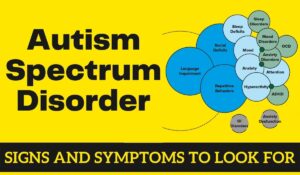The journey of parenting is a remarkable one, filled with moments of joy, wonder, and growth. However, it can also be challenging, especially when faced with the uncertainty of a child’s development. At around age 3, parents often become more attuned to their child’s behavior and milestones. It’s during this time that some may begin to notice certain signs or red flags that prompt questions and concerns. One question that may arise is whether a child could be exhibiting signs of autism spectrum disorder (ASD).
Autism is a complex neurodevelopmental disorder that affects how a person thinks, communicates, and interacts with others. Early intervention is crucial for children with autism, as it can greatly improve their long-term outcomes. In this blog post, we will delve into the red flags that may indicate autism symptoms in a 3-year-old child, emphasizing the importance of early recognition and seeking professional guidance.
Red Flags: How to Recognize Autism Symptoms in a 3 Year Old
Section 1: What Is Autism Spectrum Disorder?
Before we explore the signs of autism in a 3-year-old, it’s essential to have a basic understanding of what autism spectrum disorder is. Autism is a lifelong condition characterized by a wide range of symptoms and challenges, which is why it’s referred to as a “spectrum.” These challenges can include difficulties with social interaction, communication, repetitive behaviors, and sensory sensitivities.
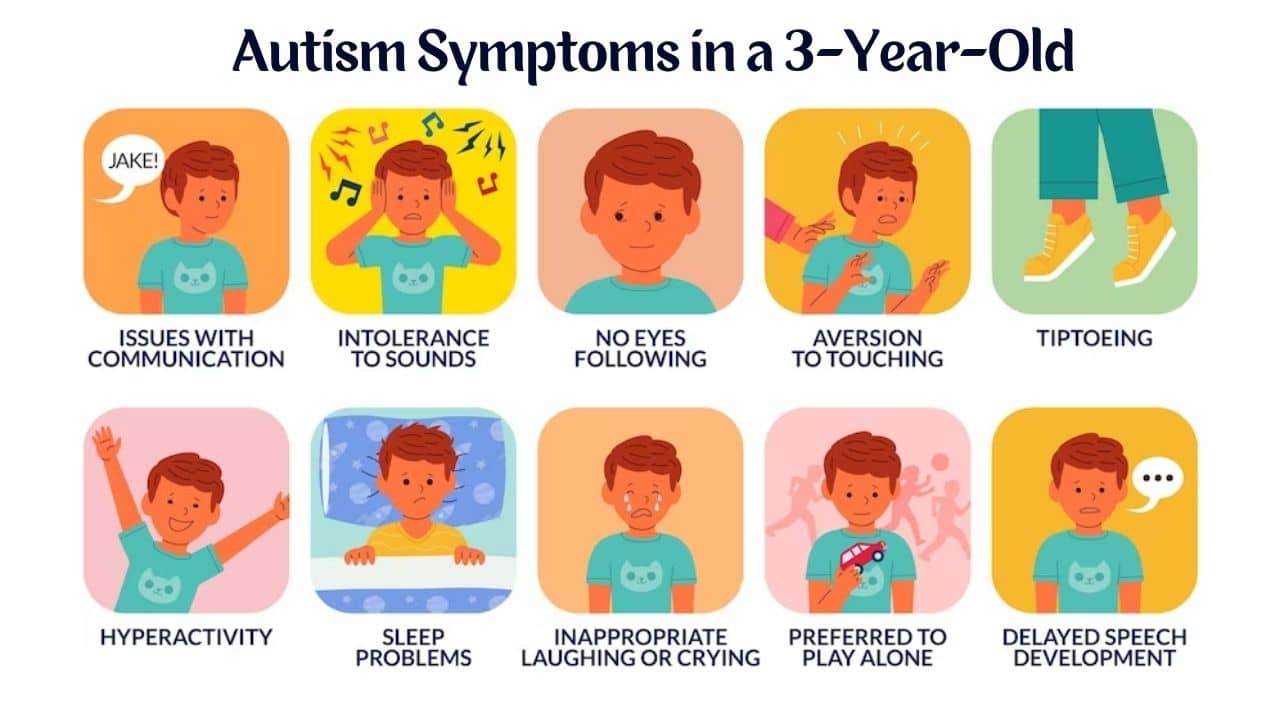
Section 2: Early Signs of Autism at Age 3
1. Social Difficulties
- Limited Eye Contact: One of the earliest signs parents may notice is that their child avoids or has difficulty making eye contact with others. This can be especially noticeable during social interactions.
- Limited Interest in Peers: At age 3, many children begin to engage more with their peers. A child with autism may exhibit less interest in playing with other children and may prefer solitary activities.
- Difficulty with Social Cues: Recognizing and responding to social cues, such as facial expressions, gestures, or emotions, might be challenging for a child with autism.
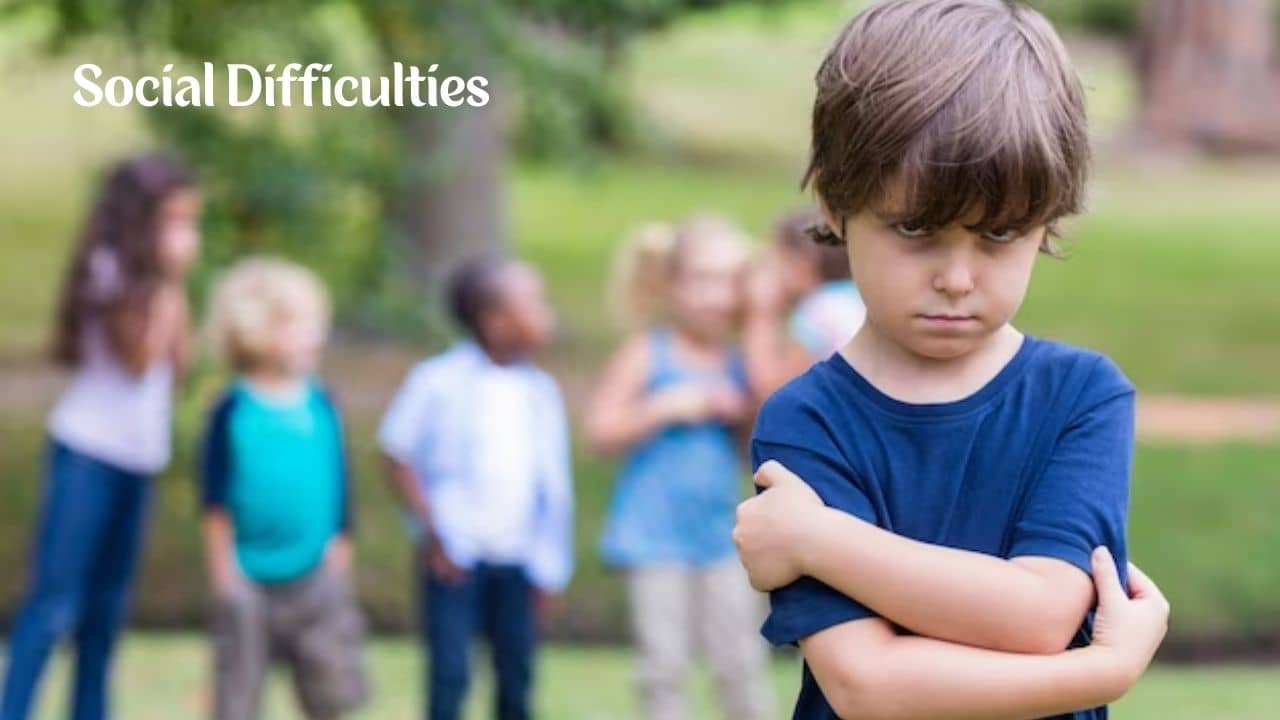
2. Communication Challenges
- Delayed or Limited Speech: Some children with autism may have delayed speech development, while others may use repetitive language. They might struggle with expressive and receptive language skills.
- Lack of or Limited Social Communication: Children with autism may find it difficult to engage in back-and-forth conversations, share interests, or express their emotions effectively.
- Echolalia: Echolalia refers to the repetition of words or phrases without clear understanding of their meaning, and it can be a common communication trait in children with autism.
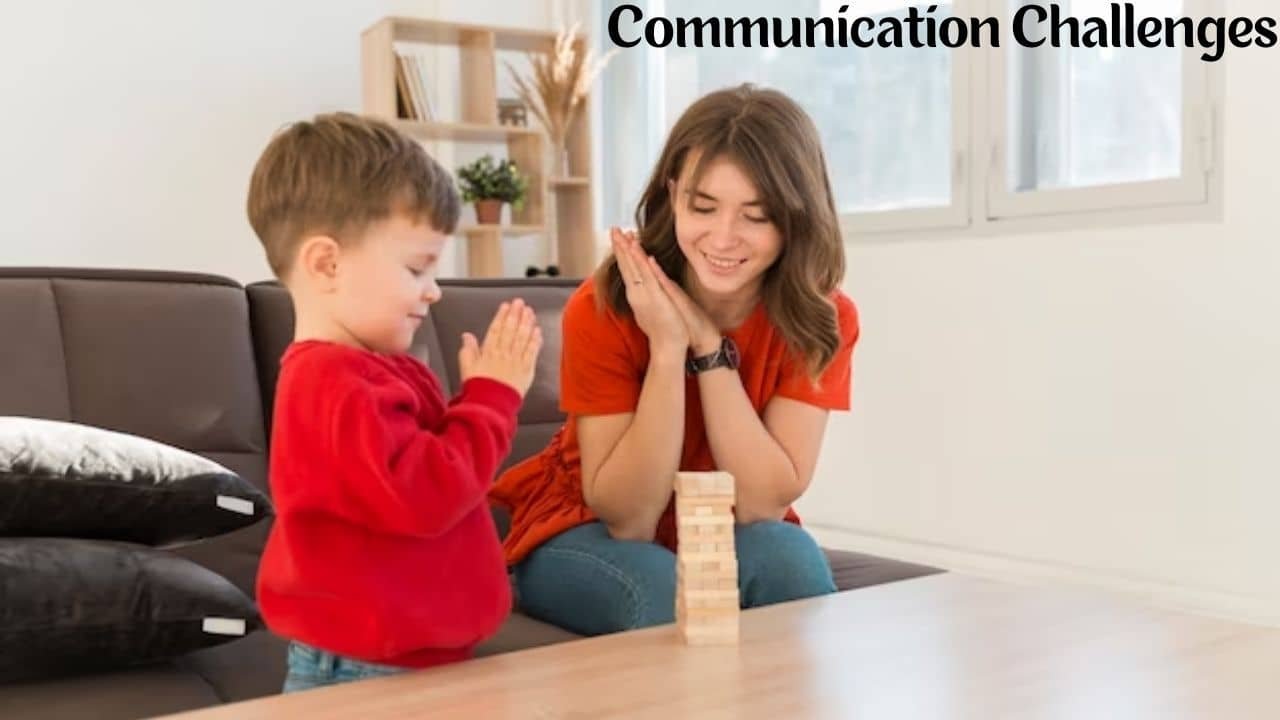
3. Repetitive Behaviors
- Repetitive Movements or Actions: Children with autism may engage in repetitive movements, such as hand-flapping, body rocking, or spinning objects. These behaviors are often comforting to them.
- Insistence on Sameness: A strong preference for routines and getting upset when routines are disrupted can be indicative of autism. Changes in plans or surroundings may lead to distress.
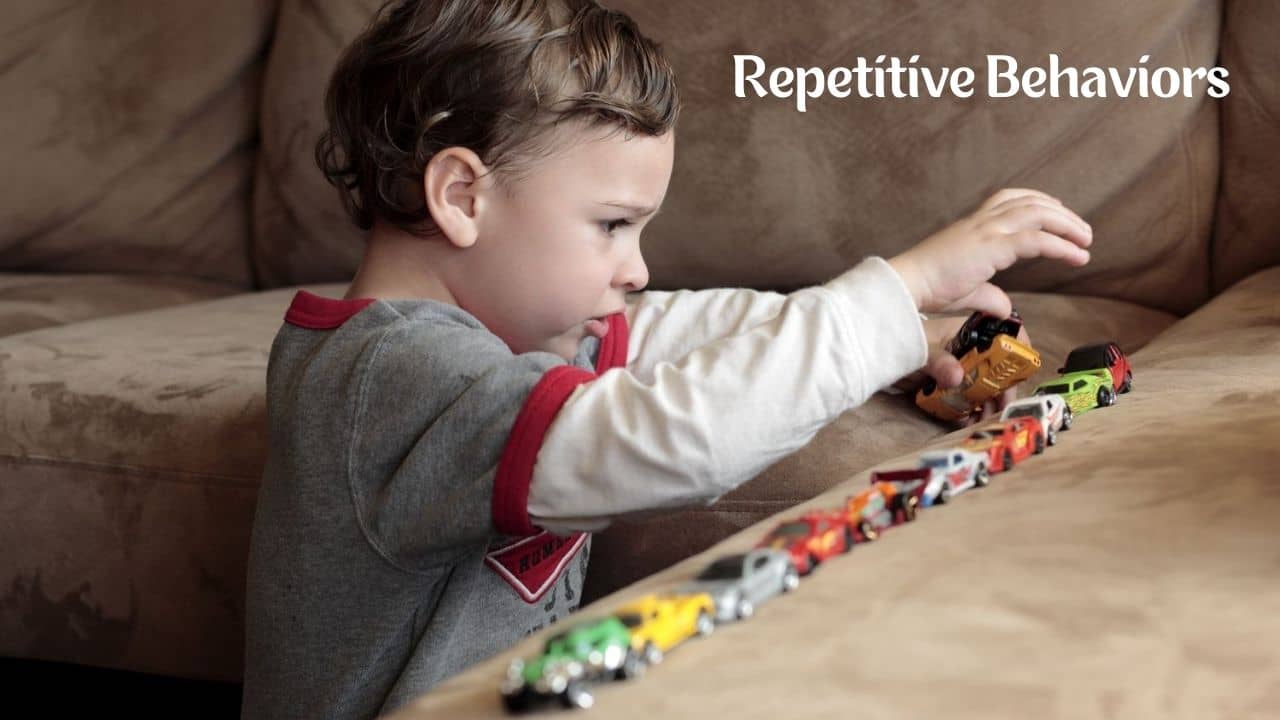
4. Sensory Sensitivities
- Unusual Responses to Sensory Input: Some children with autism may overreact or underreact to sensory stimuli like lights, sounds, textures, or tastes. They may have unique sensory sensitivities that impact their daily life.
- Seeking Sensory Stimulation: On the other hand, some children with autism seek sensory stimulation by engaging in repetitive sensory-seeking behaviors, like tapping objects or smelling items.
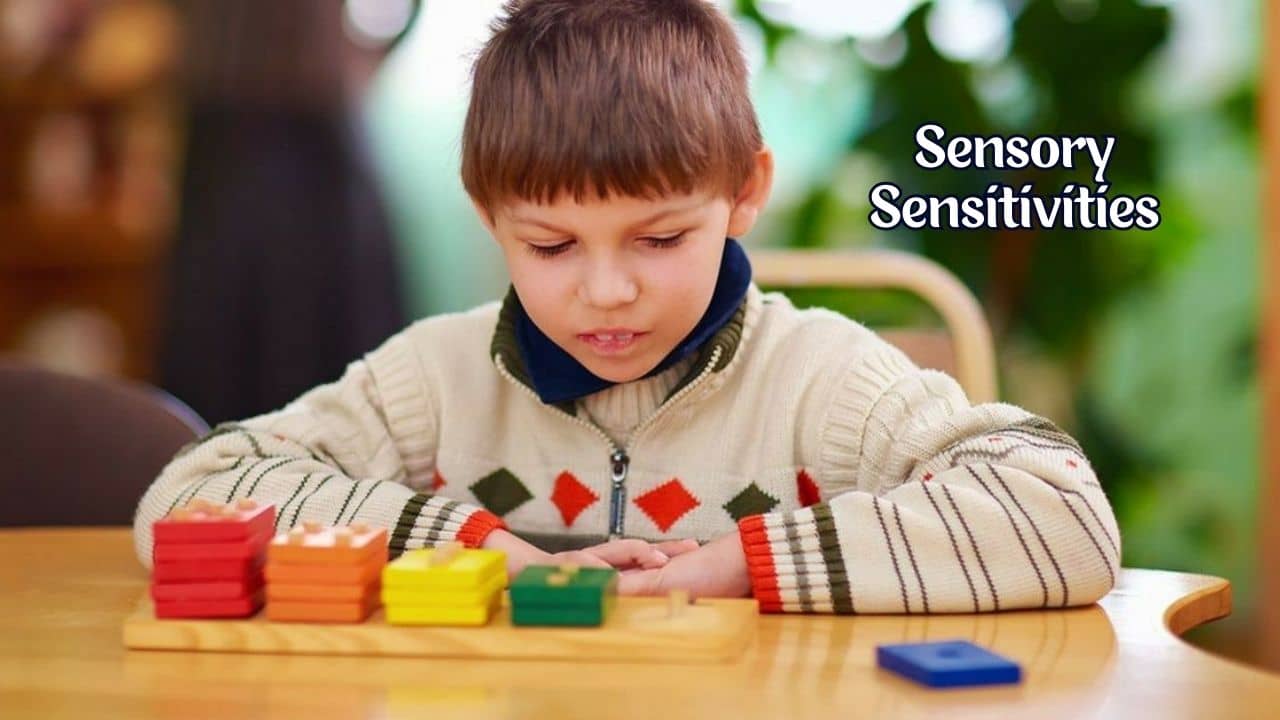
Section 3: The Importance of Early Detection
Early detection of autism is crucial because it allows for timely intervention and support. Research has shown that early intervention services can significantly improve a child’s developmental outcomes. These services often include speech therapy, occupational therapy, and behavioral interventions tailored to the child’s specific needs.

Section 4: When to Seek Professional Evaluation
If you notice several of the red flags mentioned earlier in your 3-year-old child, it’s essential to seek professional evaluation and guidance. Here are some indicators that it’s time to consult with a healthcare professional or developmental specialist:
- Persistent Signs: If the signs and behaviors persist over time and don’t seem to improve as your child gets older.
- Concerned Teachers or Caregivers: If teachers, caregivers, or other family members express concerns about your child’s development or behavior.
- Regression: If your child shows a regression in skills they previously had, such as losing language abilities or social interaction skills.
- Parental Instinct: Sometimes, a parent’s gut feeling is a powerful indicator. If you have concerns, trust your instincts and seek an evaluation.

Section 5: The Journey Forward
If your child receives an autism diagnosis, remember that it’s just the beginning of a unique journey. Each child with autism is unique, with their own strengths and challenges. The diagnosis opens the door to accessing specialized services, therapies, and support networks that can make a world of difference in your child’s development.

Conclusion
Recognizing autism symptoms in a 3-year-old is an important step towards ensuring a child receives the support they need. By staying informed about the red flags and seeking professional guidance when necessary, parents and caregivers can help their children thrive and reach their full potential. Autism is a lifelong journey, but with the right interventions and understanding, it can be a fulfilling and rewarding one for both the child and their family.



